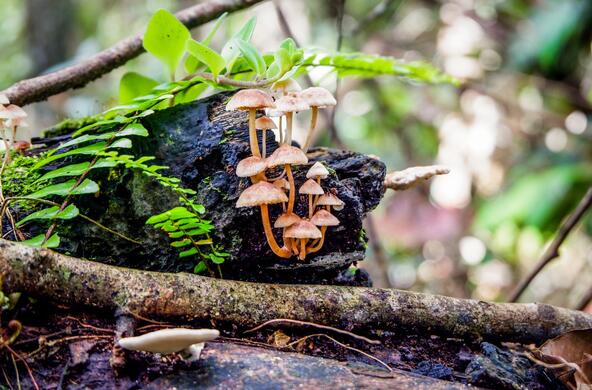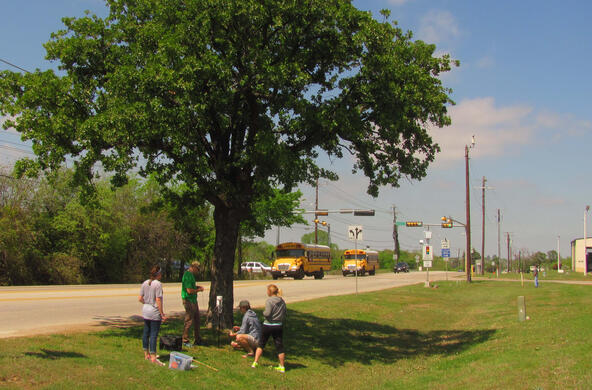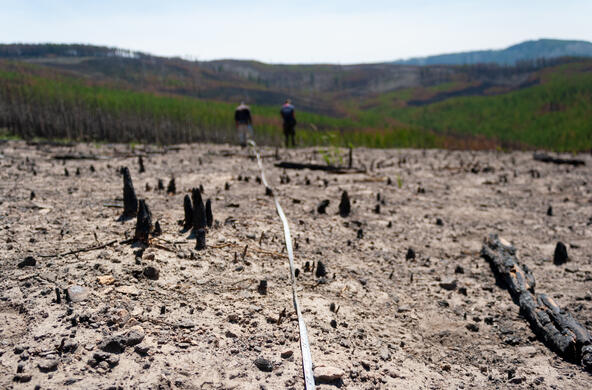
Research has found that when humans modify the environment, fragmenting habitat and reducing species diversity, we are more likely to contract diseases normally confined to wildlife.
West Nile virus is one example. The virus entered the Northeast in 1999, hitchhiking from the Mediterranean in the bloodstream of a tourist or an illegally transported bird.
After arriving in the U.S., the infected bird or tourist was bit by local mosquitoes. These mosquitoes then carried the virus to local birds, where it was able to replicate and persist.
Within five years, West Nile Virus spread across the country to California.
Increased West Nile virus infection has been linked to two environmental causes. The first is low bird diversity. West Nile virus thrives in blue jays, grackles, and house sparrows. These species are abundant in disturbed ecosystems, including urban and suburban areas.
Natural ecosystems have more diverse bird communities, including species that are not good hosts for the virus. As a result, mosquitoes and humans living in pristine areas are less likely to be infected.
"It's evident that what we have done in the recent past, which is to reduce bird diversity by virtue of urbanization and suburbanization, has created essentially a perfect storm for the spread of this disease," says Rick Ostfeld, a disease ecologist at the Cary Institute. "You're eliminating the bird hosts out there that do a good job of eliminating the virus, and you've made the environment wonderful for those that amplify the virus."
Wetland loss is also tied to increased West Nile virus infection. Wetland ecosystems harbor mosquito populations, but they are also home to an array of bird species. Larger wetlands have higher bird diversity and a lower incidence of West Nile virus infected mosquitoes.
Concentrating development to minimize fragmentation will be an important strategy.
Produced in collaboration with WAMC Northeast Public Radio, this podcast originally aired on January 23, 2012. To access a full archive of Earth Wise podcasts, visit: www.earthwiseradio.org.







